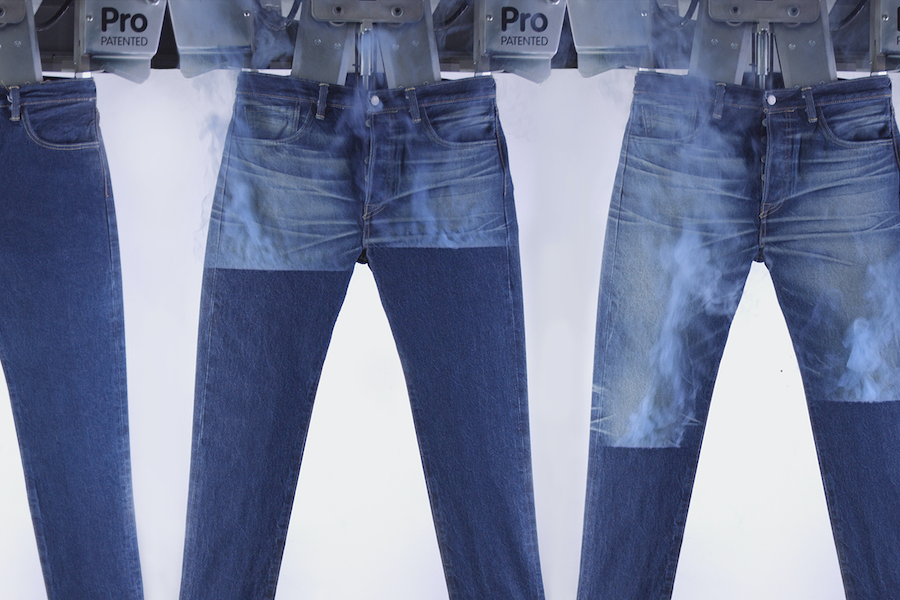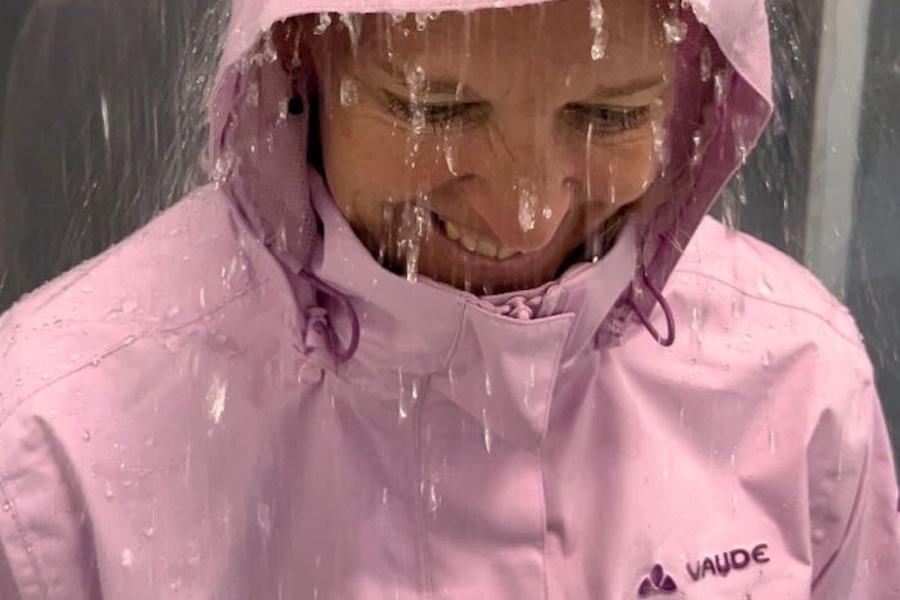#Sustainability
Global Standard to launch new Global Responsible Textile Standard (GRTS), calls for public consultation
GRTS aims to extend the same principles of health, ecology, fairness, and care to a broader range of fibres. While GOTS remains the global benchmark for organic textiles, GRTS will enable companies using other responsible fibres to credibly demonstrate both environmental and social performance under the same trusted system.
A natural evolution: extending GOTS’ capabilities
Since 2006, GOTS has established itself as the global benchmark for environmentally and socially responsible organic textiles. Today, it is implemented in over 15,000 certified facilities across 87 countries. Trusted by governments, industry bodies, NGOs, and consumers worldwide, GOTS provides credible third-party assurance that organic textiles are produced to the highest standards of environmental integrity and social responsibility.
Building on this foundation, GRTS marks a key milestone in advancing the mission “to drive the highest levels of social and environmental impact across the textile value chain through voluntary sustainability standards and related activities.”
Why GRTS? Expanding impact with minimal burden.
GRTS is designed to help the textile industry drive positive change across the entire value chain. It enables companies to respond to rising market expectations and comply with emerging regulatory requirements without adding unnecessary complexity or cost.
Many GOTS-certified entities already process fibres that fall outside the scope of organic. With GRTS, these companies can now extend rigorous certification to those materials and products without duplicating effort or introducing additional systems. Built on the established GOTS infrastructure, GRTS simplifies implementation and draws on Global Standard’s technical expertise.
“This expansion of the Global Standard portfolio empowers us to maintain minimal fees in our non -profit setup, as we are dedicated to avoiding additional burdens on the industry's sustainability measures. On the one hand, the GOTS framework will now serve as a foundation for broader applications, while on the other, it continues to stand as the leading voluntary sustainability standard in the organic textile sector,” explain Rahul Bhajekar and Claudia Kersten, Managing Directors of Global Standard
Shared core principles, same trusted process
The Global Responsible Textile Standard is rooted in the same robust criteria and processes that define GOTS. These include:
+ Human Rights including Social Criteria: Strict prohibition of child labour, forced labour and discrimination; mandatory safe working conditions and fair treatment of workers.
+ Environmental Protection: Mandatory use of environmentally sound processes and materials with rigorous restrictions on chemical inputs.
+ Due diligence: Systematic implementation of responsible business conduct, including risk assessment and mitigation procedures
+ Traceability: Transparent tracking and volume reconciliation throughout the value chain.
+ Third-Party certification: Independent assurance by GOTS-approved certification bodies.
+ Comprehensive scope: Certification from raw material sourcing to the finished textile product.
+ No GMO-origin fibres: All fibres used under GRTS must originate from independently verified, non-GMO sources and are certified to meet stringent environmental and social standards. To uphold this standard of integrity, GRTS requires all fibre inputs to be registered in the Global Fibre Registry (GFR), a traceability tool developed by Global Standard to track and verify the origins of all fibres entering the GRTS and GOTS systems.
Development process and public consultation
In line with ISEAL best practices, GRTS is being developed through a transparent, multi-stakeholder process. The public consultation period opens July 14th, 2025, inviting input from companies, NGOs, consumers, and certification bodies to ensure the new standard reflects real-world needs and expectations.
Finalisation and publication of GRTS Version 1.0 is scheduled for Q4 2025.
Join the public consultation
Global Standard welcomes all stakeholders to contribute their insights and perspectives. Your participation will help shape a credible, effective standard that extends responsible practices across more fibre types and business models, strengthening the industry’s ability to deliver on our social and environmental goals.
The draft version of GRTS is available here
https://global-standard.org/images/resource-library/documents/standard-and-manual/GRTS%20Draft%201.0%20for%20Public%20Consultation-July%202025-Signed.pdf
The draft version of the Implementation Manual for GRTS is here:
https://global-standard.org/images/resource-library/documents/standard-and-manual/GRTS%20Manual%20Draft%201.0%20for%20Public%20Consultation%20-%20Clean%20-%20July%202025_Signed.pdf
Submit your comments through this form:
https://forms.office.com/e/afBPYKYw5R












